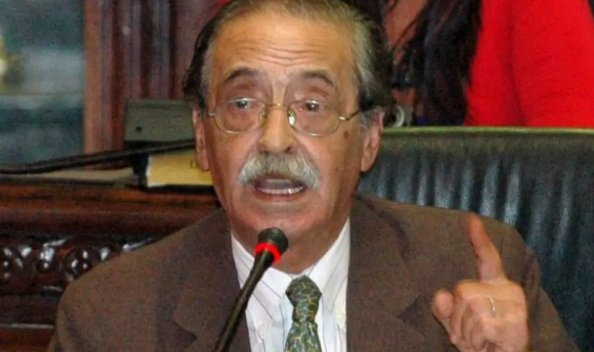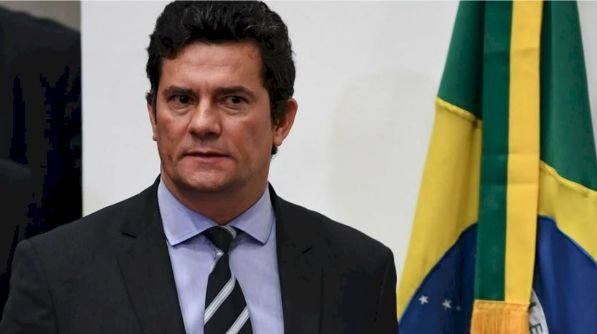Julio César Strassera, born on February 18, 1933 in Buenos Aires and deceased on February 27, 2015, was a prominent Argentine judge who prosecuted and led various cases related to the military dictatorship. Strassera served as the lead prosecutor in the trial against the military junta that ruled the country between 1976 and 1983.
Strassera, appointed by Raúl Alfonsín as the lead prosecutor, handled the “Trial of the Juntas,” where the lawyer secured life imprisonment sentences for several individuals involved in the military coups. The Federal Chamber witnessed one of the most significant trials in Argentine history, and in 1985, Strassera led the prosecution against nine commanders, including former president and dictator Jorge Videla.
In September 1985, Strassera carried on his shoulders one of the most remembered moments in Argentina’s history. A young man who had earned his law degree at 30 later became a federal judge.
And above all, in that Federal Chamber, Strassera delivered a phrase that still echoes through its halls: “Señores jueces: Nunca más.” A sentence he attributed to “the Argentine people,” followed by an ovation that meant more than any combination of words. At the center of the courtroom, the accused stood, with Videla at the front.
The trial led by Strassera sought justice for the accused and also marked a dramatic moral shift in Argentine society. A collective ethic that had been lost during the military regime resurfaced within the Federal Chamber during those proceedings.
Lawyer and court secretary
After a failed marriage, Julio entered university at the age of 25, beginning his law studies. Five years later, he graduated. In 1976, several years later, he joined a court secretary’s office and was later appointed as a federal prosecutor. Those years marked the beginning of the military dictatorship under Jorge Videla’s command.
For this reason, Julio César Strassera experienced firsthand the events that shook Argentina. In 1981, he assumed the position of federal sentencing judge, a crucial role responsible for ensuring that court rulings are enforced.
Trial of the Juntas
Raúl Alfonsín was the one who launched the case. When the trial moved to the Civil and Federal Chamber, Strassera took on the case as “something more.” That expression also remained in people’s memory, as it was far from just another trial. It was a defining case that brought to light numerous disappearances, murders, and abductions, with the lawyer at the forefront of the investigation.
The Trial of the Juntas brought together nine Argentine defendants who had governed the country between 1976 and 1983, resulting in five convictions, two of them life sentences. It marked the first time military commanders were convicted for the killing of multiple human beings. “Not even I thought we could reach this point,” Strassera once stated, anticipating what would become the most important trial in the country’s history.
The hearings lasted five months. “It is our responsibility to establish a peace based not on forgetting but on memory; not on violence but on justice,” was another of the most powerful statements from the federal judge. Each of his phrases left a mark not only in the corridors of the Federal Chamber but throughout Argentine culture. Several media outlets emphasized Strassera’s “civic courage,” which moved the entire courtroom, including his family present at the time.
“This may be the last opportunity,” the lawyer reflected years earlier, suggesting that the trial might have been the final chance—possibly in vain—to convict those involved in the military dictatorship. However, many years later, the case was successfully resolved. A milestone in Argentine judicial history, and one that only those present in the Federal Chamber could fully describe from their own experience of living through that moment of pure history.
The Trial of the Juntas, forty years after the event, remains one of the most remembered chapters. The person responsible for leading and directing it to hold those involved accountable was Julio César Strassera, a lawyer who graduated at age 30. A federal judge empowered by Raúl Alfonsín, former president of Argentina, who governed during the time of the Trial of the Juntas.
It was Alfonsín who brought the case to the Federal Chamber—a move that, though not intended as such, triggered the largest trial in the country’s history. Strassera initially referred to it as “just another case,” only to later realize that he had presided over a historic, unprecedented proceeding. Without even realizing it, despite the toll it took, he helped restore the ethical and moral compass of the nation.







